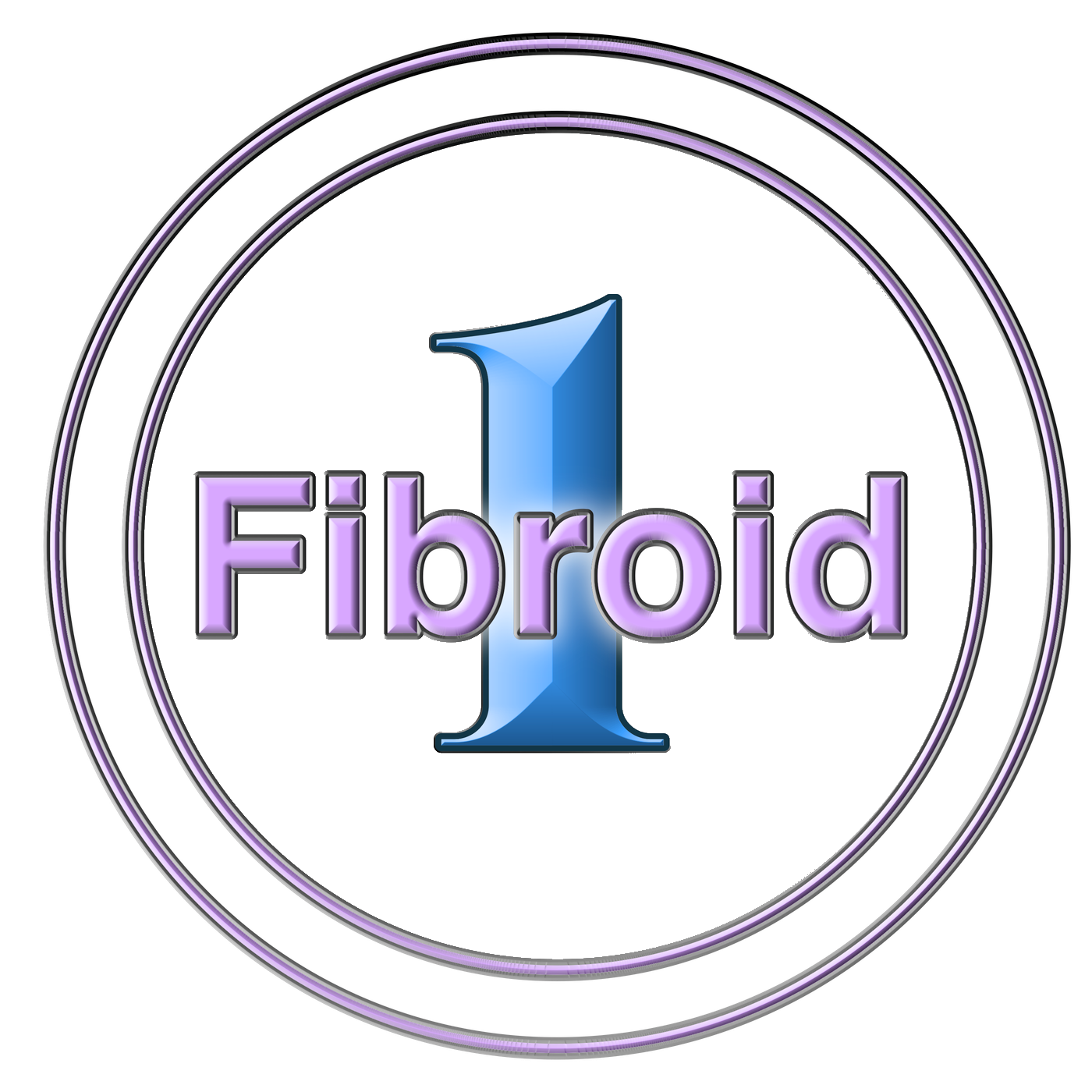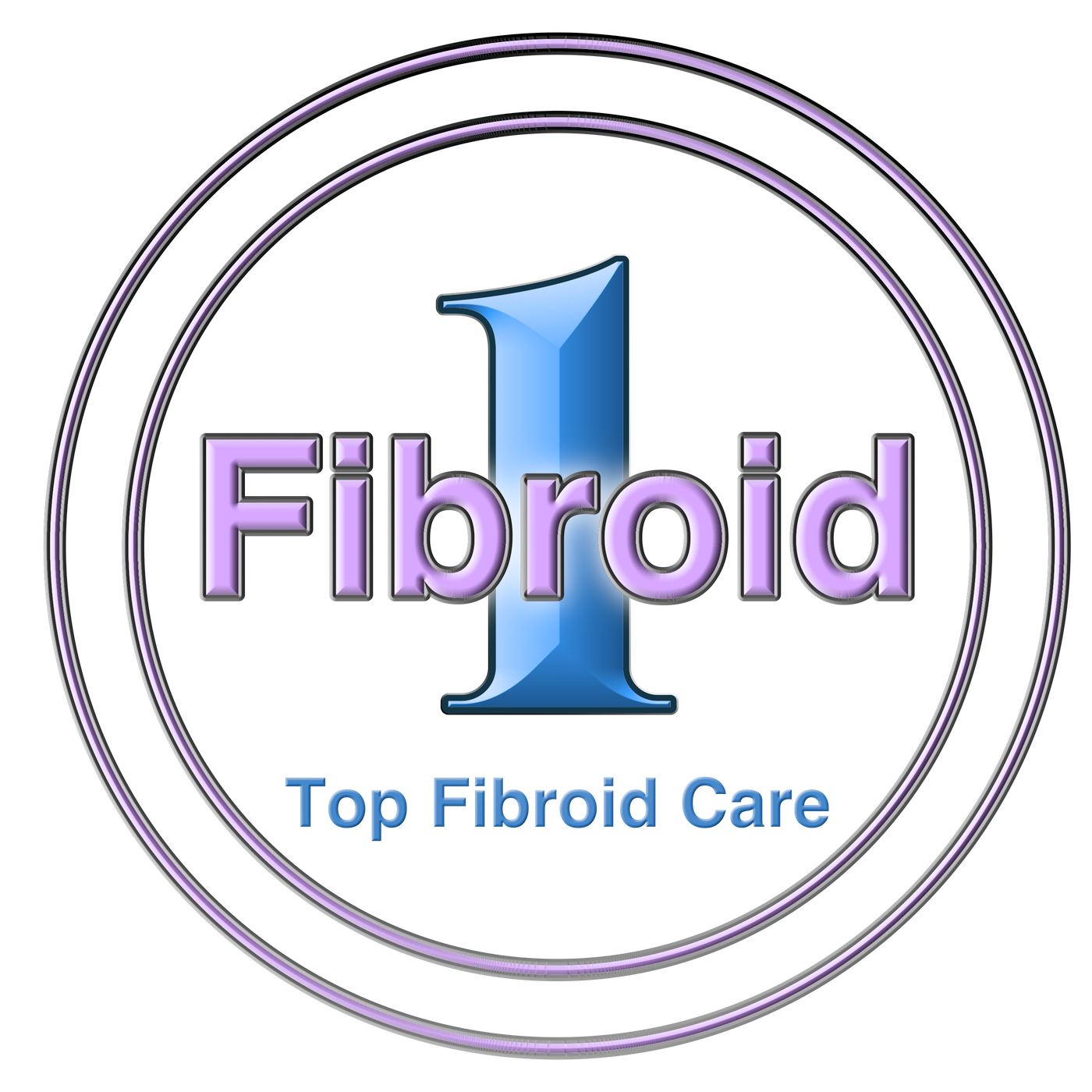Do you suffer from uterine fibroids? If so, you may be wondering what is causing them and how you can get rid of them. Recent research suggests that there may be a relationship between vitamin D deficiency and uterine fibroids. Keep reading to learn more about this relationship and what you can do to improve your vitamin D levels.
What is Vitamin D?
Vitamin D is a fat-soluble vitamin that is essential for the absorption and metabolism of calcium and phosphate through the intestines. It can be found in food sources such as fatty fish, eggs, and fortified milk. The body also produces vitamin D when the skin is exposed to sunlight. There are two main types of vitamin D:

- Vitamin D-2 (ergocalciferol) is derived from plant sources and fortified foods.
- Vitamin D-3 (cholecalciferol) is naturally produced by the body when exposed to sunlight, but can also be found in food sourced from animals.
Vitamin D is important for many different functions in the body. It helps to regulate calcium and phosphorus levels, which are essential for strong bones and teeth. Vitamin D also:
- Regulates cell proliferation and differentiation
- Inhibits angiogenesis (the growth of new blood vessels from existing blood vessels)
- Stimulates apoptosis (a type of cell death that is used by the body to eliminate abnormal or unneeded cells)
Vitamin D Deficiency and Uterine Fibroids
At this point, you may be wondering how this particular vitamin is related to uterine fibroids. Recent studies have suggested a relationship between vitamin D deficiency and uterine fibroids. Fibroids are non-cancerous growths that develop in the uterus. They are very common and can cause symptoms such as heavy bleeding, pain, and fertility problems. Many women who suffer from uterine fibroids have also been found to have lower vitamin D levels.
Vitamin D deficiency is a condition in which the body does not have enough vitamin D. This can be due to inadequate dietary intake, lack of sun exposure, or impaired absorption of vitamin D. In addition to the recent link to uterine fibroids, vitamin D deficiency has been linked to a number of other health conditions, including osteoporosis, cancer, and cardiovascular disease.
There are a few possible explanations for the link between vitamin D deficiency and uterine fibroids. As mentioned above, vitamin D plays a role in regulating cell growth and death. A lack of vitamin D may lead to an overgrowth of cells in the uterus. Additionally a lack of vitamin D would decrease apoptosis, which would allow these cells to accumulate. Not only that, but low vitamin D levels allows for angiogenesis. When combined, all these effects of low vitamin D can result in fibroid formation.
Vitamin D may also affect the levels of certain hormones, such as estrogen, which can also influence fibroid growth. In fact, vitamin D levels have also been associated with affecting other hormones such as insulin and androgens, which then affect menstrual cycle regularity. Studies have shown a relationship between low vitamin D levels and irregular menstrual cycles.
Can Vitamin D Prevent or Shrink Uterine Fibroids?
After learning about the relationship between vitamin D deficiency and uterine fibroids, many women wonder if taking vitamin D can prevent new fibroids or shrink existing ones. The short answer is that there is still more research that needs to be done in order to say for certain whether or not vitamin D can prevent or shrink uterine fibroids. However, the current evidence does suggest that maintaining adequate vitamin D levels may help to reduce the risk of developing uterine fibroids or improve symptoms in women who already have them.
How is Vitamin D Deficiency Diagnosed and Treated?

There are different signs of vitamin D deficiency, such as:
- Muscle weakness
- Bone pain or softening
- Fatigue
- Dry skin
- Headache
If you think you may be deficient in vitamin D, the best way to find out is to ask your doctor for a blood test. This will measure the level of 25-hydroxyvitamin D in your blood, which is the best indicator of vitamin D status. The recommended level of vitamin D is 20 ng/ml or higher.
It is also important to note that certain people may be at a higher risk of a vitamin D deficiency. This includes people with dark skin, those who are elderly, obese, or have a condition that impairs fat absorption. People who live in northern latitudes or who do not spend much time outdoors are also at a higher risk.
If you are vitamin D deficient, your doctor may recommend that you take a supplement. They may also advise you to get more sun exposure and eat foods that are rich in vitamin D. Getting enough vitamin D can help improve your overall health and may reduce your risk of developing uterine fibroids.
In Conclusion
In this blog post, we discussed the relationship between vitamin D and uterine fibroids. We explained what vitamin D is and how it affects the body. We also discussed the link between vitamin D deficiency and uterine fibroids. Finally, we answered the question of whether or not vitamin D can help prevent or shrink uterine fibroids. If you think you may be deficient in vitamin D, speak to your doctor. Getting enough vitamin D through diet, supplements, and sun exposure may help improve your health and reduce your risk of developing fibroids.
For more information about the link between vitamin D and uterine fibroids, check out this article: https://www.ncbi.nlm.nih.gov/pmc/articles/PMC6073230/












